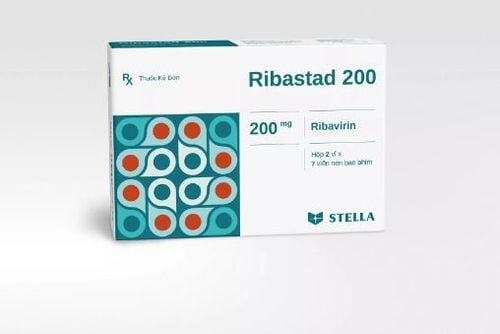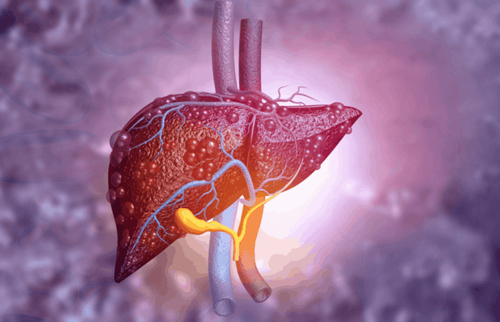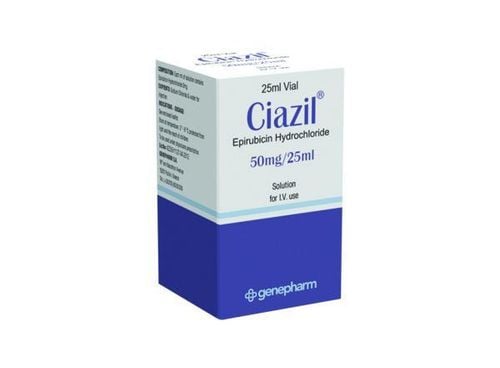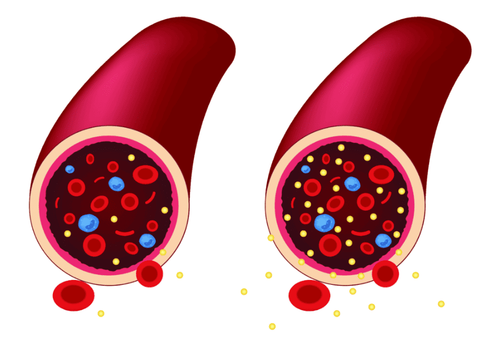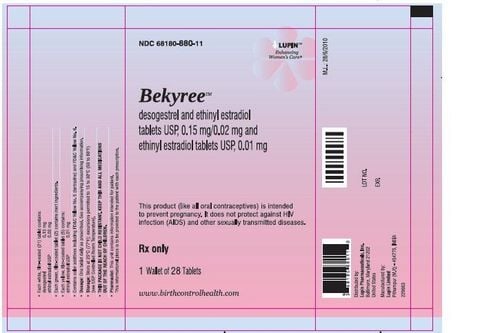This is an automatically translated article.
The article is consulted by Master, Doctor Nguyen Thi Nhat - Infectious Diseases - Department of Medical Examination & Internal Medicine - Vinmec Hai Phong International General Hospital.1. What is Hepatitis C?
Hepatitis C is caused by the hepatitis C virus, also known as the HCV virus. This is a condition in which the HCV virus invades and destroys the liver, causing impaired liver function.At first, hepatitis C does not have obvious symptoms, only when the disease becomes serious, the patient will find out. It is also one of the reasons why hepatitis C becomes so dangerous.
Hepatitis C is a contagious disease. There are three routes of hepatitis C transmission: blood-to-blood transmission, sexual transmission, and mother-to-child transmission.
See also: Hepatitis C: Don't Ignore!

2. How dangerous is hepatitis C?
2.1. What is the function of the liver? Functions of the liver in the body include:Chemical detoxification; Reserve sources of vitamins, iron, sugar and minerals for the body; Support food metabolism; Basic protein production; Producing coagulants. The liver has a very important role. When the HCV virus attacks the liver, the above functions will be affected and gradually decline. This greatly affects the body's activities, especially the reduced detoxification function, which will make the body unable to eliminate toxins, gradually accumulating and destroying other organs.
2.2. Complications of Hepatitis C Along with the hepatitis B virus, the hepatitis C virus can lead to very dangerous complications. After being infected with hepatitis C virus for about 15 - 50 days, only about 20% of patients have symptoms of acute infection such as: jaundice, yellow eyes, elevated liver enzymes. 80% of cases are asymptomatic. About 10-25% of acute hepatitis C virus infections resolve on their own. The remaining 75-90% can progress to chronic hepatitis C infection.
Among patients with chronic hepatitis C, about 10-20% of cases can develop cirrhosis. Hepatitis C complications into cirrhosis is one of the most common complications, followed by liver cancer and liver failure. These are all dangerous complications that can be fatal.
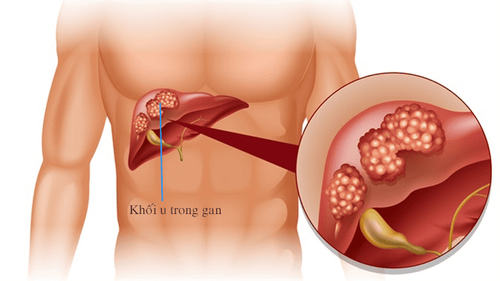
More dangerous is the condition. If you are infected with hepatitis C and hepatitis B at the same time, the rate of disease progression will be twice as fast. These two hepatitis viruses will interact with each other, causing the toxin to increase 2 times, the level of liver damage will also be doubled. People infected with hepatitis B and hepatitis C at the same time have a 70% risk of complications into liver cancer.
3. Can hepatitis C be cured?
Although hepatitis C is a dangerous disease, the good news is that this disease can be cured if detected early and treated properly. However, the basis for determining the effectiveness of treatment depends on the body's resistance and immunity. People infected with hepatitis C can live from 20 to 30 years, but if the resistance is poor, long-term liver failure is not prevented in time, they can only live about 3-5 years. In case the patient has hepatitis C and hepatitis B at the same time, the survival time is only about 1-2 years, even a few months.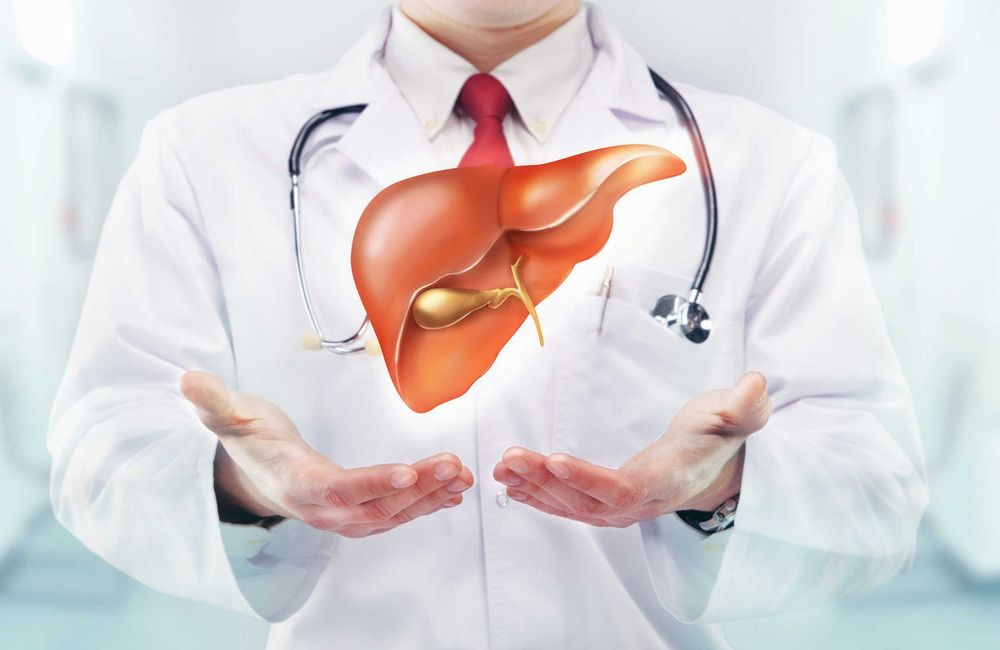
In addition to treatment, patients also need to have a scientific and nutritious diet, limit alcohol, live and exercise reasonably to best support the treatment process and prevent treatment. prevent viral activity.
Please dial HOTLINE for more information or register for an appointment HERE. Download MyVinmec app to make appointments faster and to manage your bookings easily.





